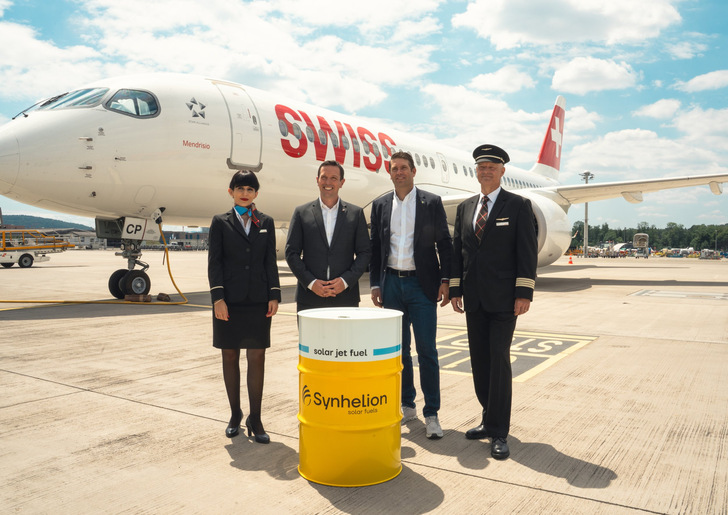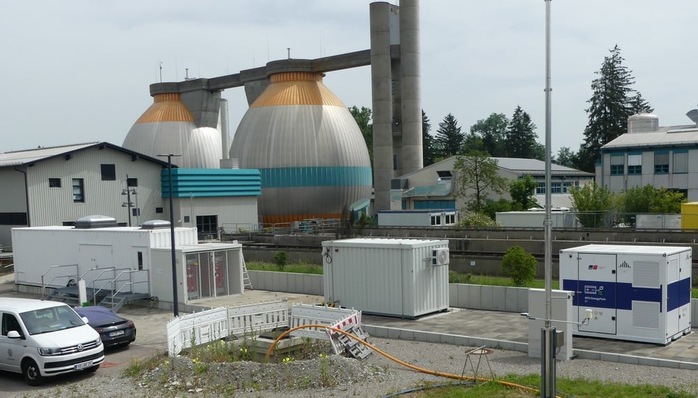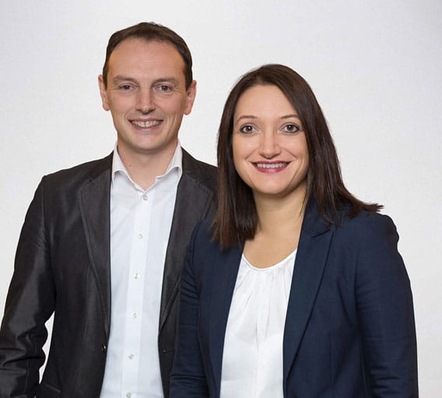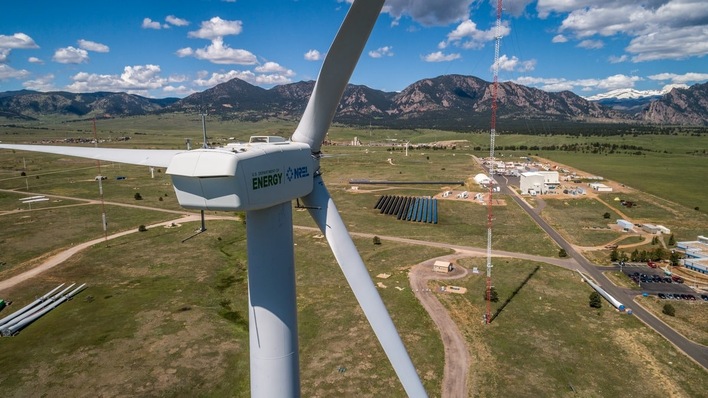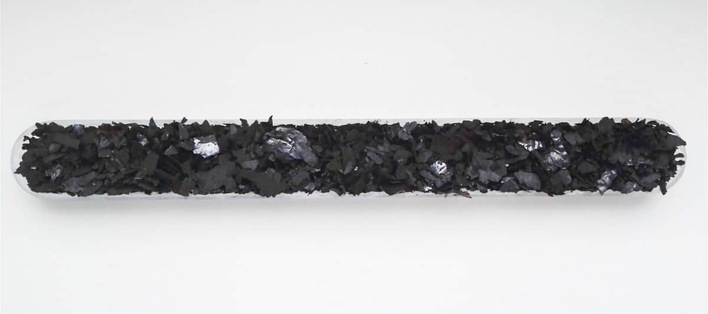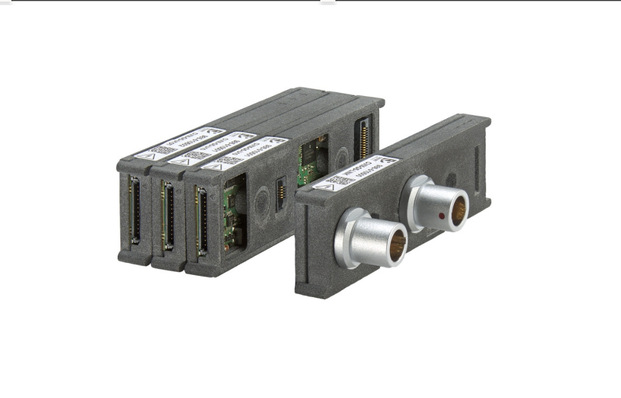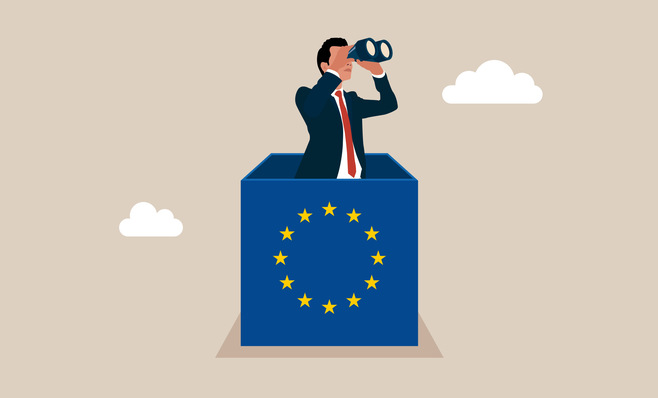Swiss International Air Lines (SWISS) is the first airline in the world to integrate solar fuel from the Swiss company Synhelion into regular flight operations. The synthetic crude oil was produced at Synhelion’s industrial pilot plant “Dawn” and subsequently processed into certified jet fuel (Jet-A-1) at a refinery in northern Germany.
The facility in Jülich in North Rhine-Westphalia includes a thermochemical reactor that produces synthesis gas—a mixture of hydrogen and carbon monoxide—from biogas and water. The high-temperature process heat required for this is generated using solar energy. As a carbon source, Synhelion uses RED-certified sustainable biogenic waste, mostly from agriculture.
The first delivery comprised 190 liters of solar crude oil. The resulting fuel was fed into the regular supply system via Hamburg Airport. The amount supplied covered around seven percent of the fuel required for a flight from Hamburg to Zurich.
According to Synhelion, seamless integration into existing refinery processes is a key step toward scaling the technology. The company produces synthetic fuels from solar energy, including kerosene, diesel, and gasoline. These are fully compatible with existing infrastructure and are intended to be nearly CO2-neutral.
“The delivery of the first barrel to SWISS is a symbolic but concrete step toward more sustainable aviation,” said Philipp Furler, Co-CEO and co-founder of Synhelion.
SWISS has supported the commercialization of the technology since 2020 and has also been an investor in Synhelion since 2022. “For the first time, we are using solar fuel in civil aviation,” said SWISS CEO Jens Fehlinger.
Goal: certification and market entry from 2027
The partners are now working on sustainability certification of the production process and the fuel in accordance with the EU Renewable Energy Directive. This requires a greenhouse gas reduction of at least 70 percent compared to fossil kerosene. An independent life cycle assessment confirms that Synhelion’s solar fuel significantly exceeds this requirement.
To enable commercial market entry from 2027, the necessary conditions for continuous production and sufficient capacity are now being established.
The Lufthansa Group, to which SWISS belongs, has been committed for years to the development of sustainable aviation fuels (SAF). It participates in research and pilot projects and creates market incentives for the industry through long-term offtake agreements.


